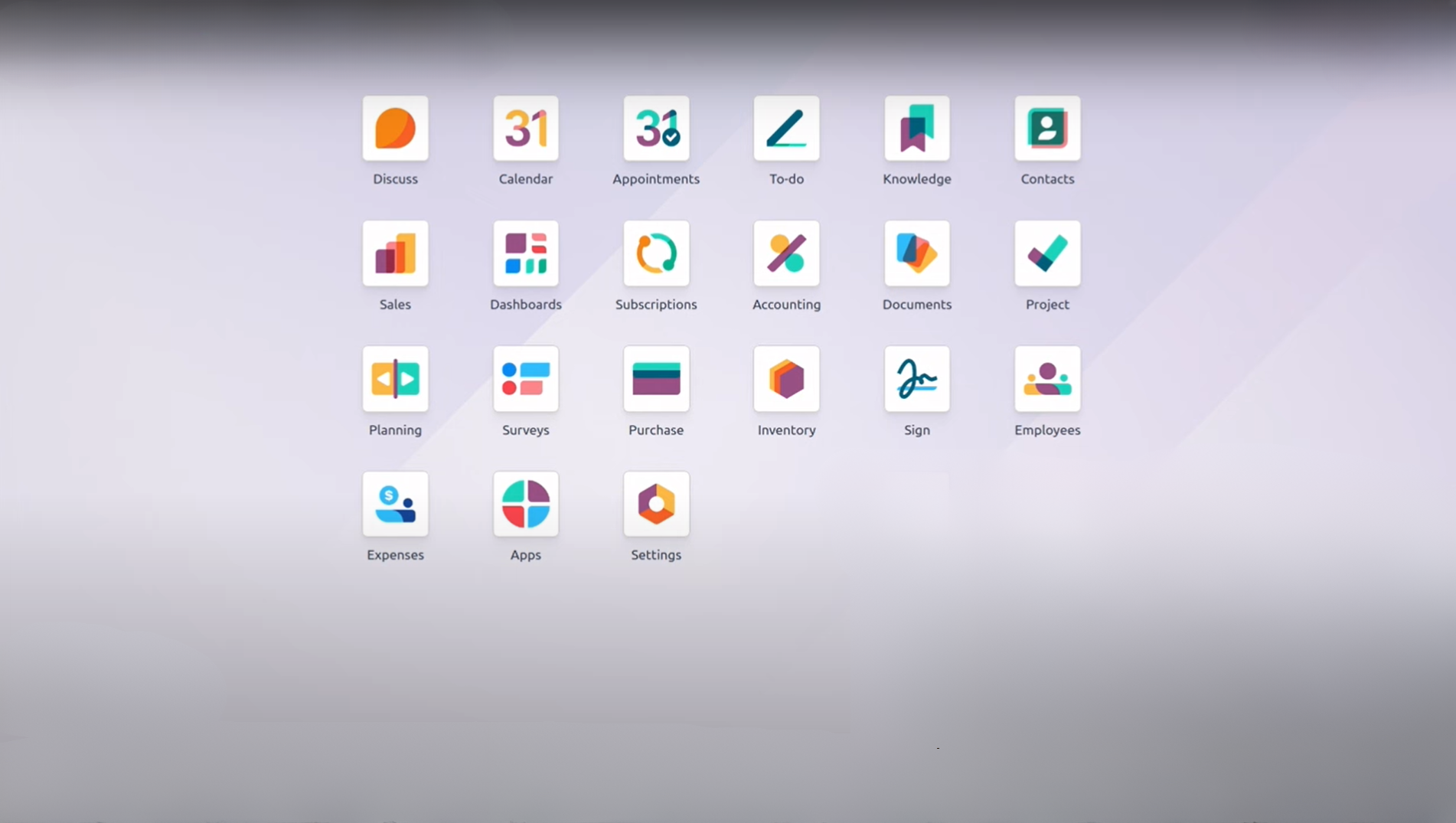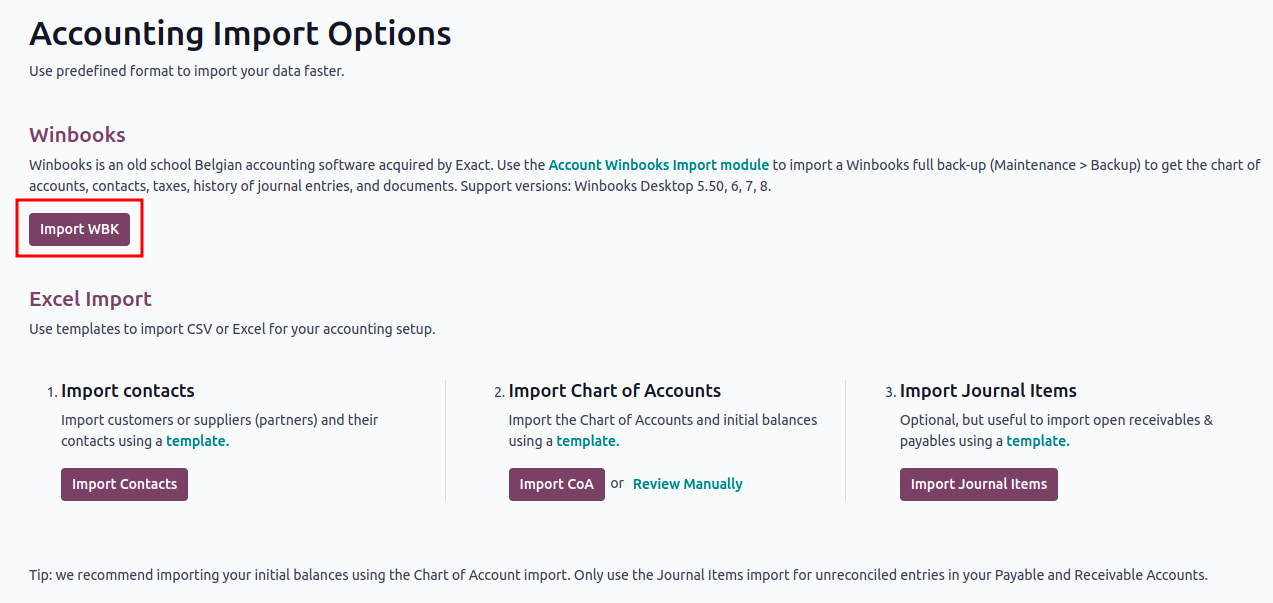Odoo vs WinBooks: the real cost of switching your accounting platform

Odoo vs WinBooks: the real cost of switching your accounting platform
Still using WinBooks for your accounting? You're not alone. But in today’s fast-moving digital world, more and more Belgian SMEs are exploring alternatives like Odoo, and asking themselves: Is switching really worth it?
In this article, we break down the true costs, benefits, and risks of switching from WinBooks to Odoo, and how to avoid the common pitfalls of accounting software migration.
Why are Belgian SMEs considering switching from WinBooks?
WinBooks has long been a reliable name in Belgian bookkeeping, but times have changed. Businesses now expect their accounting tools to do more than basic bookkeeping.
Here’s what we hear from SMEs ready to switch:
- “It’s hard to connect WinBooks to other tools.”
- “Our accountant loves it, but it’s not user-friendly for the team.”
- “We want more automation and insights, not just numbers.”
- “There’s no mobile app or real-time dashboard.”
The truth? Legacy tools can limit growth and increase hidden costs over time.
Feature comparison: Odoo vs WinBooks
Core accounting functions
Automation and integrations
User experience and scalability

The hidden cost of staying with legacy software
Many SMEs stay with outdated software because of:
- Familiarity
- Fear of change
- Pressure from external accountants
But the real cost comes in other forms:
- Time lost on manual processes
- Missed insights due to lack of real-time data
- Extra admin tools to cover for missing functionality
- Poor UX that discourages staff engagement
As your business grows, the gap between what you need and what WinBooks offers keeps widening.
Migration myths: what really happens when you switch
Thinking of switching but worried about:
- Data loss?
- Downtime?
- Staff resistance?
- Migration cost?

These are common fears—but with the right partner, they’re easily manageable.
- Odoo supports structured data import from WinBooks exports
- Your historical invoices and journals can be preserved
- User training can be done in hours, not weeks
- You can go live in parallel, without losing control
At Bodoo, we’ve migrated WinBooks clients to Odoo with zero disruption and full traceability.
How Bodoo makes the transition smooth and safe
We don’t just migrate your data, we rebuild your accounting to be smarter, faster, and future-proof.
Here’s how we do it:
- Full WinBooks export + mapping
- Setup of Belgian VAT, Peppol, and banking tools in Odoo
- Migration of customers, suppliers, open invoices, and journals
- Staff onboarding and training
- Post-launch support and optimization
You don’t have to worry about technical complexity, we’ve got your back.
Still usingWinBooks? Let’s talk.
Odoo offers Belgian SMEs a modern, scalable, and automated solution, and with Bodoo, the switch is smoother, safer, and more cost-effective than you might think.





